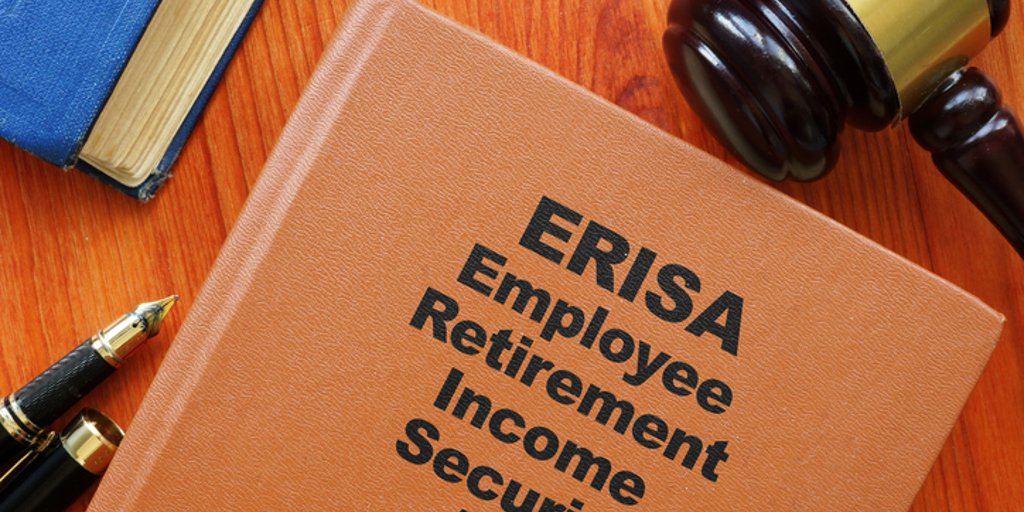Why Nonprofit Boards Should Have an ERISA Plan Administrator
Do your nonprofit clients offer their employees a retirement savings plan? If they do, then it is important that your clients understand the responsibilities that their board members assume when it comes to the day-to-day management of retirement plans operations.
Why have an ERISA plan administrator?
The Employee Retirement Income Security Act of 1974 (ERISA) is a federal law that sets the standards for most voluntary retirement and health plans and outlines the fiduciary responsibilities required of board members who manage and control plan assets.
According to the Department of Labor (DOL), the primary responsibilities of an ERISA plan administrator are to:
- Act in the best interest of plan participants and beneficiaries for the exclusive purpose of providing benefits and paying plan expenses.
- Diversify the plan's investments in a prudent manner to help minimize the risk of large losses.
- Follow the terms of plan documents to ensure they are consistent with the ERISA.
- Ensure that conflicts of interest are avoided.
“Fiduciaries who do not follow [established ERISA] principles of conduct may be [held] personally liable to restore any losses to the plan, or to restore any profits made through improper use of plan assets. Courts may take the appropriate action against fiduciaries who [are found to be in] breach their duties under ERISA, including their removal.” Source: Department of Labor.
Retirement plans for nonprofits are complex savings vehicles that require management by a skilled administrator who knows how to manage the plan’s assets and can help keep the organization in compliance with fiduciary standards. Unfortunately, not every nonprofit board has a member or an executive with the insurance background or fiduciary knowledge to properly oversee an organization’s retirement plans.
Today’s nonprofit board members must understand that they are legally responsible for any ERISA plan oversights or inactions, and they must ensure that the organization is in compliance. Overseeing ERISA plans is the responsibility of the DOL, which may conduct audits of the organization’s ERISA plan.
If it is determined that the nonprofit is in violation of the plan’s rules, board members could face substantial penalties and fines. Moreover, if legal action is taken by plan participants, an organization could find itself in a courtroom battling a costly lawsuit.
Conclusion
Not having an ERISA plan administrator puts your nonprofit clients at substantial financial risk that could compromise all the good work that they do. Of course, incidents can happen. When they do, the fiduciary protection provided by a crime policy can help your nonprofit clients better mitigate their risk exposure.
About Charity First
At Charity First, we’re passionate about providing innovative products, services, support and resources to meet the ongoing needs of your nonprofit clients. To learn more about our coverage for crime and directors and officers liability, please contact us at 800-352-2761 or marketing@charityfirst.com.


